Issue 75 : 21 February 2021
Talofa Lava, Kia Orana, Malo E Leilei, Tena Koutou, Hello ...
... and welcome to the latest issue of “For The Love Of The Game”, the official e-zine of the New Zealand Amateur Sport Association Inc. We hope you enjoy reading the articles below.
If you have any feedback on this issue, ideas for future articles, or would like to contact the Editor, please click here. And, you are invited to forward the e-zine to others you know, who may be interested in reading it. An archive of earlier editions of the e-zine can be found here. For those who follow Twitter, you can also follow the Association, @AmateurSportNZ.
If you are interested in applying for membership of the Association, please click here.
Notice Of Annual General Meeting ...
In accordance with clause 7.0 of the Constitution, notice is hereby given that the fifth Annual General Meeting of the Association will be held on Tuesday 27 April, 2021 at 5.30pm, at the Wellesley Boutique Hotel, Maginnity Street, Wellington.
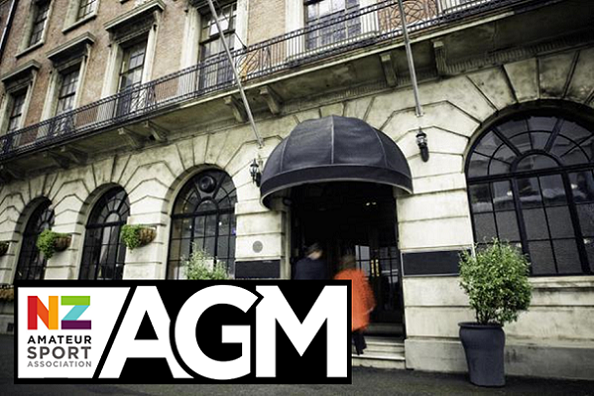
Wellington City Missioner & Association Chairman Meet ...
Earlier this month, the Association’s Chairman, Gordon Noble-Campbell met with Murray Eldridge, Wellington City Missioner to discuss how the Association can support the work of Wellington City Mission (WCM) in improving the lives of local citizens experiencing financial hardship. WCM’s focus on housing, food and volunteering has been complemented by recent sport-related initiatives, with WCM’s “Community Sports Banks” and “Play Days” being examples of new concepts which have demonstrated an ability to provide greater access for children to community sports and their organisations.

(21% of New Zealand children live in low-income households)
New Zealand’s Children’s Commissioner has reported that 21% of New Zealand children (236,048) live in low-income households, with over 13% (146,125) experiencing material financial hardship. Both the Association and WCM suggest that low-income families experiencing hardship are less likely to enrol their children in club-based community sport, owing to the financial barriers created by membership fees, costs of equipment to play and the costs of travel to regional sporting facilities, or out of community sporting hubs. Both the Association and WCM agree on the importance of finding ways to remove financial barriers preventing families from fully participating in community sport.

("Sport Banks" and "Play Days" help alleviate issues of access to community sport)
Association Establishes Taranaki Branch ...
At its February Board Meeting, the Association approved the creation of a new Branch in Taranaki, to complement its growing national network of regional representation.
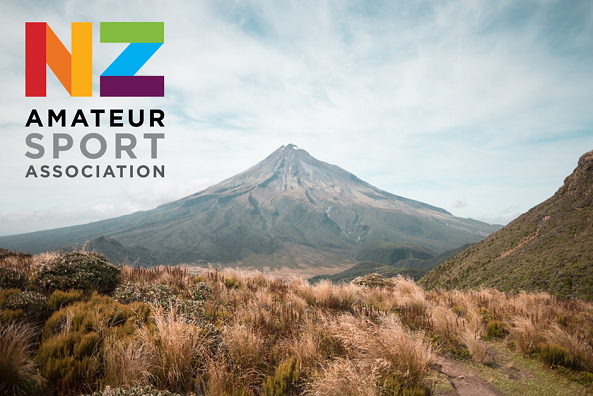
Krys Beardman from New Plymouth has agreed to become the Taranaki regional chairperson for the Association. A recipient of the New Plymouth District Council Citizen’s Award in 2019, Krys is a member of the “Good Sports” steering committee at Sport Taranaki. She has been heavily involved in supporting and growing the sport of in-line hockey, while also being a Board Member and Treasurer of Parafed Taranaki. The Board looks forward to growing its presence and membership base in the Taranaki region with the support of Krys.
Whanganui Hosts 2021 Masters Games ...
4,852 people registered to participate at the 2021 Masters Games held in Whanganui this month, up on the 4.200 from the last event, with over 3,000 registrations from outside the region. A total of 56 sports were featured over a nine-day competition at various venues around the greater Whanganui region. Since its establishment in 1989, the Masters Games have become the largest multi-sport event in New Zealand.
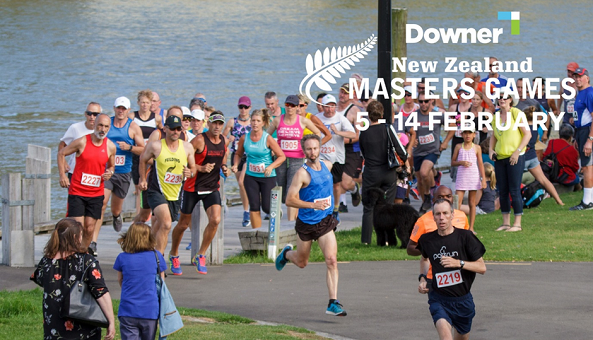
Among the highlights of the 2021 event, floorball was played for the first time, while the number of entries for team sports, including women’s football, increased. With the average age of competitors being 55, the Games’ marketing and event coordinator Louise Follett said that there had been “roughly a 50 per cent increase in competitors in the 30-34, 35-39, and the 40-44 age brackets compared to the last games."
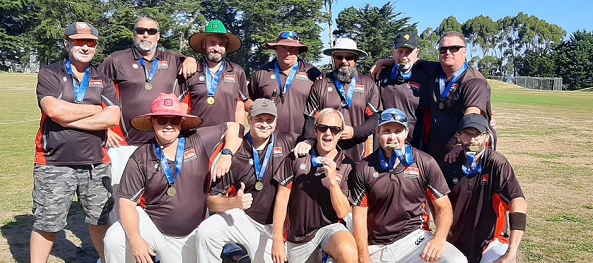
(The “Fitzroy Old Folks” from New Plymouth won the Cricket Gold Medal)
“Aktive” Creates “Junior Players Tāmaki Makaurau Fund” ...
A “Junior Players Tāmaki Makaurau Fund” of $577,000 has been established to support the ongoing involvement of tamariki and rangatahi in organised community sport, particularly where cost of membership or cost to play has been identified as a barrier.
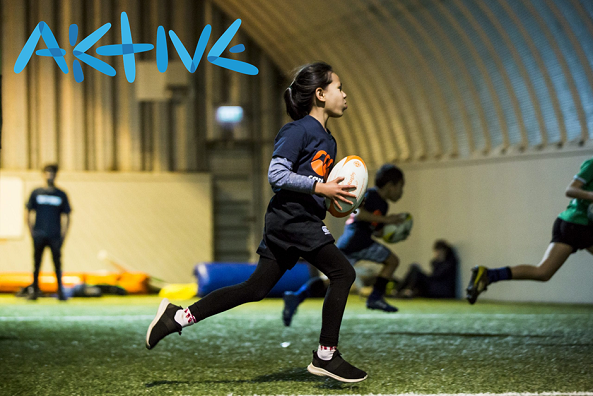
The fund covers costs such as membership or access fees, vouchers or multi-code memberships, essential sports equipment and clothing. It has been allocated on a regional and local basis and will be distributed on merit to organisations that demonstrate they are best placed to meet the needs of tamariki and rangatahi from higher deprivation households.
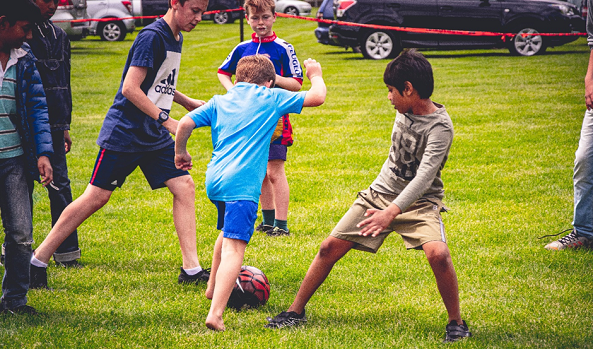
($577,000 has been allocated to assist youth participation in organised community sport)
The Fund is being managed by Aktive (a charitable trust) in collaboration with CLM Community Sport, Harbour Sport, Sport Auckland and Sport Waitākere. Specific contributions have been made from CLM Community Sport and Harbour Sport, and their investment will be specifically deployed in the South Auckland and North Harbour areas. The maximum amount that an individual organisation can apply for is $20,000.
Study Suggests COVID-19 Risks From Shared Sport Equipment Is Low ...
A team, led by Liverpool School of Tropical Medicine's Dr Emily Adams which included researchers from Imperial College, London and Loughborough University, has investigated the transmission risk of COVID-19 from sports equipment of sports such as soccer, rugby, cricket, tennis, golf and gymnastics. The study found that the transmission risk is likely to be low.

Dr Thomas Edwards, who led the technical work, said, “we found a rapid loss of viral load on the equipment after a short period of time, making it unlikely that shared equipment is a major risk for transmission of COVID-19 during sporting activities.”
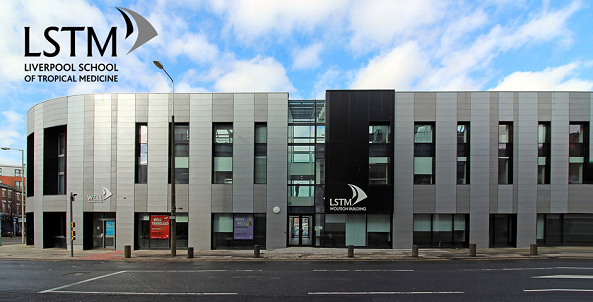
The team found that recoverable SARS-CoV-2 virus reduced dramatically over a very short period, with the mean recoverable virus less than 1% after 1 minute across all materials tested. Furthermore, the type of material has a significant effect on COVID-19 transfer, with less virus transferred from porous materials such as bovine leather or nylon woven cloth (tennis balls, red cricket balls and cricket gloves), than less hydrophobic materials such as plastics.

(Professor James Calder notes risk from shared equipment is lower than previously thought)
Professor James Calder from Imperial College and Fortius Clinic London said. "these findings are important for … community sports and our schools. The risk of transmission when we share sports equipment is lower than was once thought and … encourages equipment manufacturers to identify surfaces that may be less likely to retain viable virus." You can read more here.
Weight Restricted Rugby to "Super-Size" In 2021 ...
New Zealand Rugby is to be congratulated in its move to increase community interest in club-based rugby for amateur players by renewing its commitment to a national under 85 kg men’s competition in 2021. A 2011 University of Otago and Ministry of Health nutrition survey, revealed that the mean weight of Kiwi men is 85 kg, whereas the average weight of an employed rugby player (according to World Rugby data) is 5 to 10 kg heavier. By creating and promoting a competition which caps the weight of participants, the game is made safer and more enjoyable.
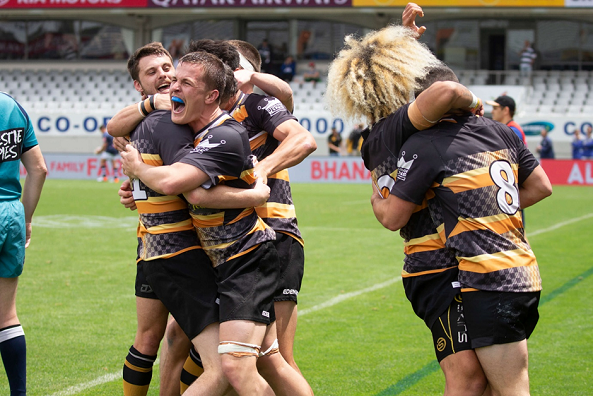
(Weight-restricted club rugby is experiencing a national resurgence)
One of the reported disincentives for teenage players to continue playing the game, is the "open-weight" rules which tend to apply to rugby competitions available to most intermediate and secondary school students. While some local rugby organisations have put in place weight-restricted grades, a mandatory requirement for weight-restricted rugby to be available in all competitions nationwide may well provide a fresh incentive for parents to encourage their children to play a sport which, Sir Graham Henry notes in today's press, "is shaky, brittle ... and ... needs a lot of thought and innovation to get ... humming again."
From The Archives ...
OTAGO DAILY TIMES, ISSUE 27284, 10 JANUARY 1950, PAGE 7
Surprising Omission Of Hazel Forsyth From Games Swimming Team
“The omission of Hazel Forsyth, the New Zealand Women’s 220 yards breaststroke champion, from the team for the Empire Games has caused surprise and seme dismay in Dunedin and further afield. She is the only national title holder at an Empire Games distance, in either swimming or athletics, it is believed, who has not been selected, and, to say the least, her exclusion is disappointing to the admirers of a girl who is recognised as one of the finest breaststroke swimmers in the country and a model of sportsmanship.”
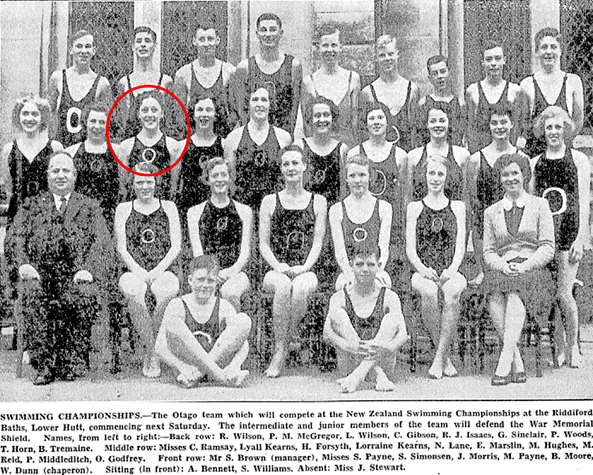
(Hazel Forsyth was a member of the Otago representative swimming team in 1945)
In 1950, Otago’s Hazel Winifred Forsyth suffered the ignominy of being the only national title holder over an Empire Games distance, not to be included in the New Zealand representative team. A snap-trial called by swimming’s national body shortly after Forsyth won the New Zealand 200 yards breaststroke championship in January 1950, saw the place in the New Zealand team awarded to Margaret Sweeney who went to finish “last, in poor time” at the Games. The media which expressed shock and disappointment at Forsyth’s surprise exclusion, suggested presciently that “she may yet confound the selectors with record-breaking performances before the season ends”. This is exactly what occurred, when in December 1950, Hazel broke the New Zealand record over the distance, (formerly held by Winifred Dunn).
Hazel was born on 8 October 1930, the daughter and only child of David and Ethel Winifred Forsyth (nee Geddes). The family lived at 38 St. David Street, Dunedin, adjacent to the University of Otago campus. David Forsyth was the Principal of Dunedin North Intermediate School, Deputy Chairman of the Otago Swimming Centre and Vice-President of the Kiwi Amateur Swimming Club. As a teenager, Hazel broke the New Zealand record for junior girls’ breaststroke in 1945, establishing a reputation as a natatorial champion.
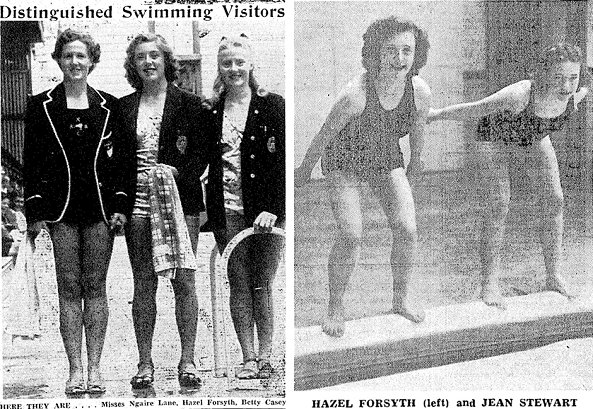
(Hazel Forsyth was the only National Champion not selected for the 1950 Empire Games team)
In a “class of her own”, a “brilliant future” was predicted for Hazel. In 1949, she undertook a three-month tour of New Zealand with Ngaire Lane and Betty Casey on behalf of the New Zealand Amateur Swimming Association, providing training and instruction to schools and swimming clubs. The tour gave a stimulus to swimming throughout the country, following the effects of the War and subsequent poliomyelitis outbreak. Hazel Wilson (her married name), died on 15 March 2015 at Dunedin’s Highview Rest Home, aged 84 years.
The Final Word ...
“A national obsession with a particular sport does not occur in a vacuum."
"Something lights the match."
(Matt Fitzgerald - sports journalist and author)